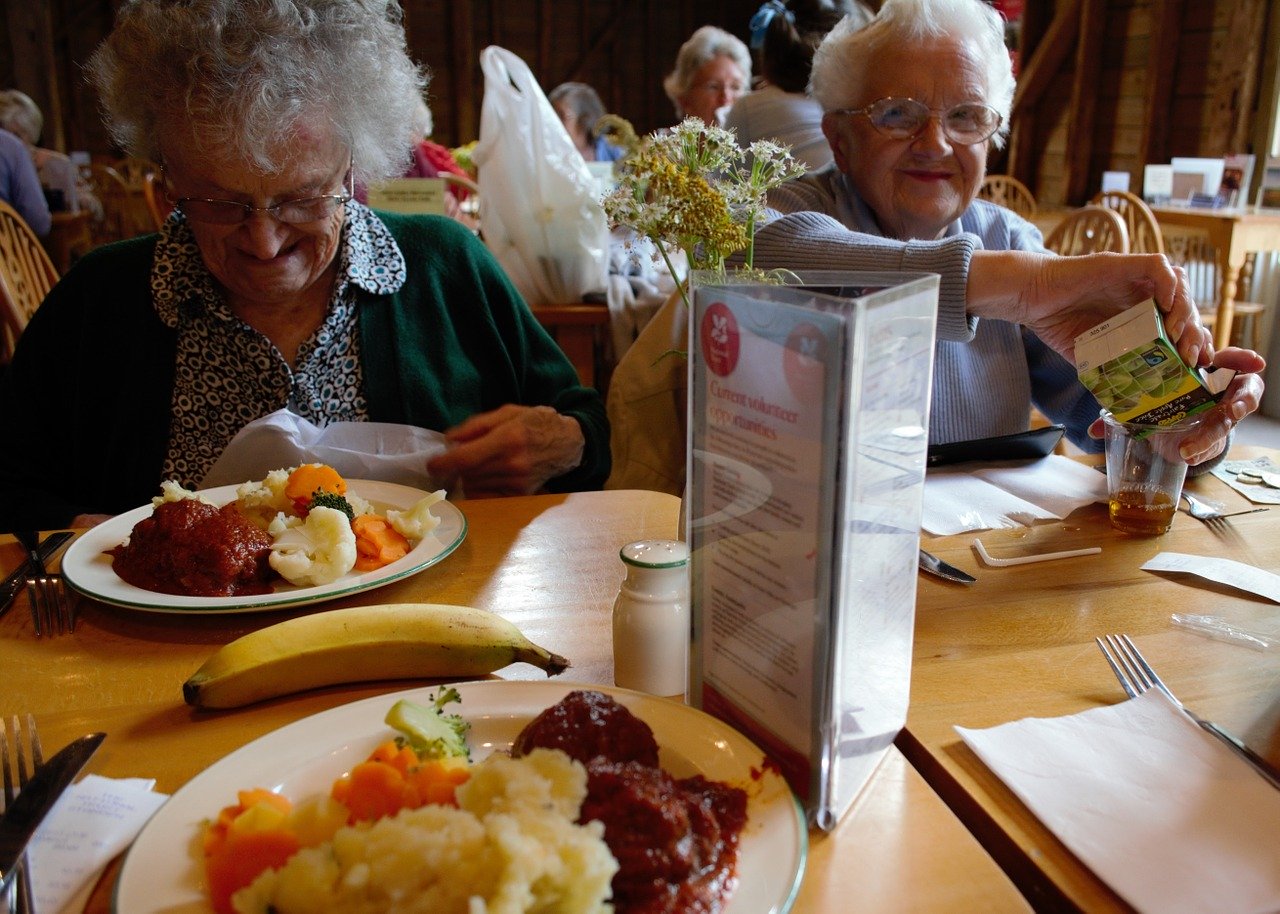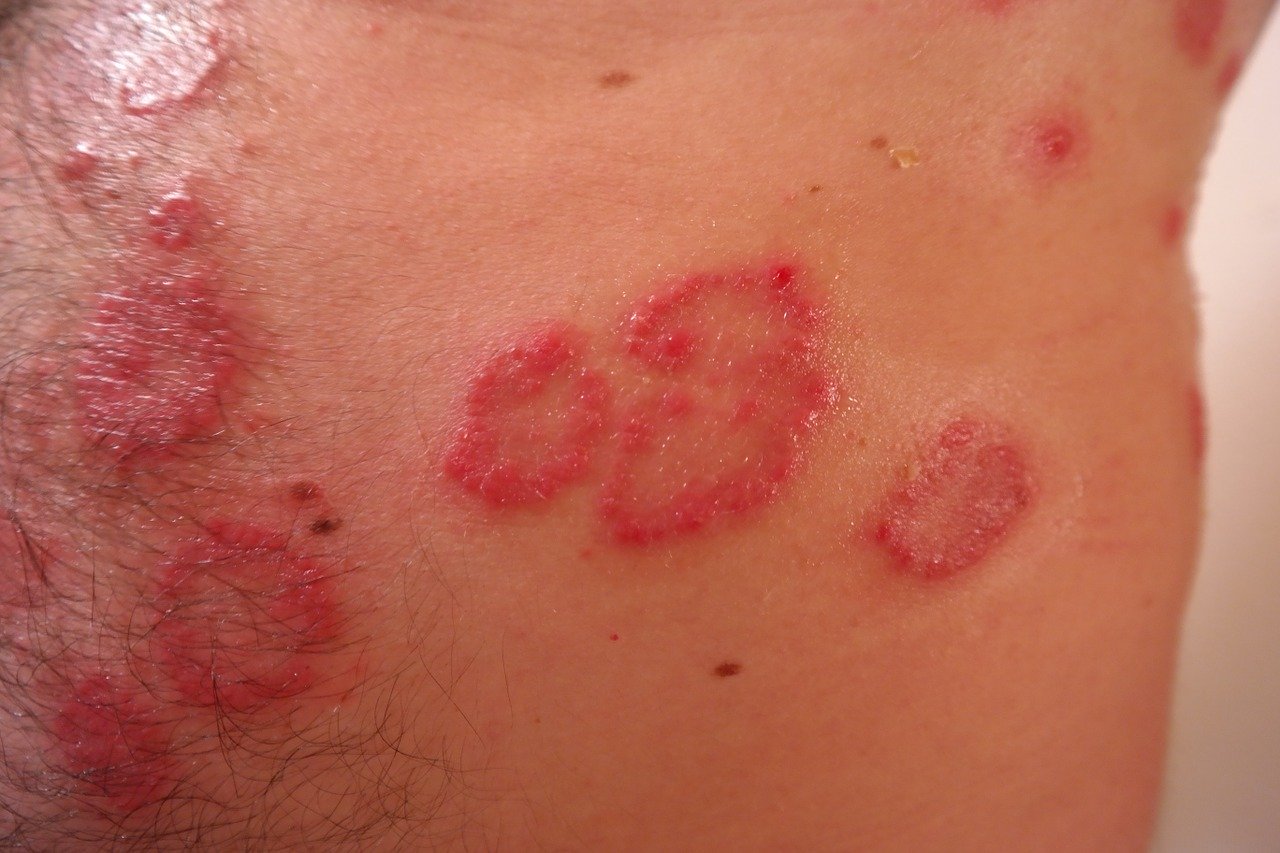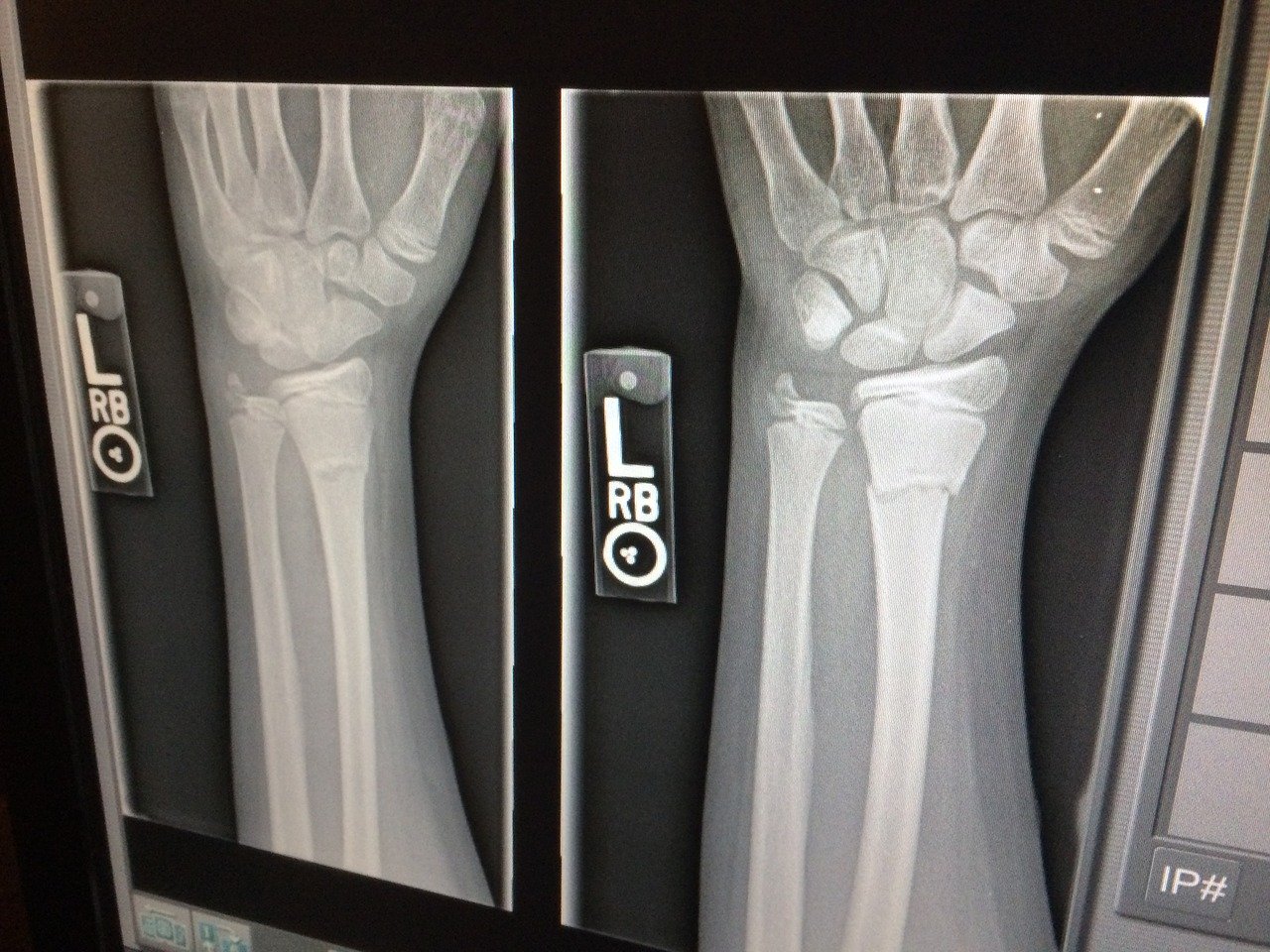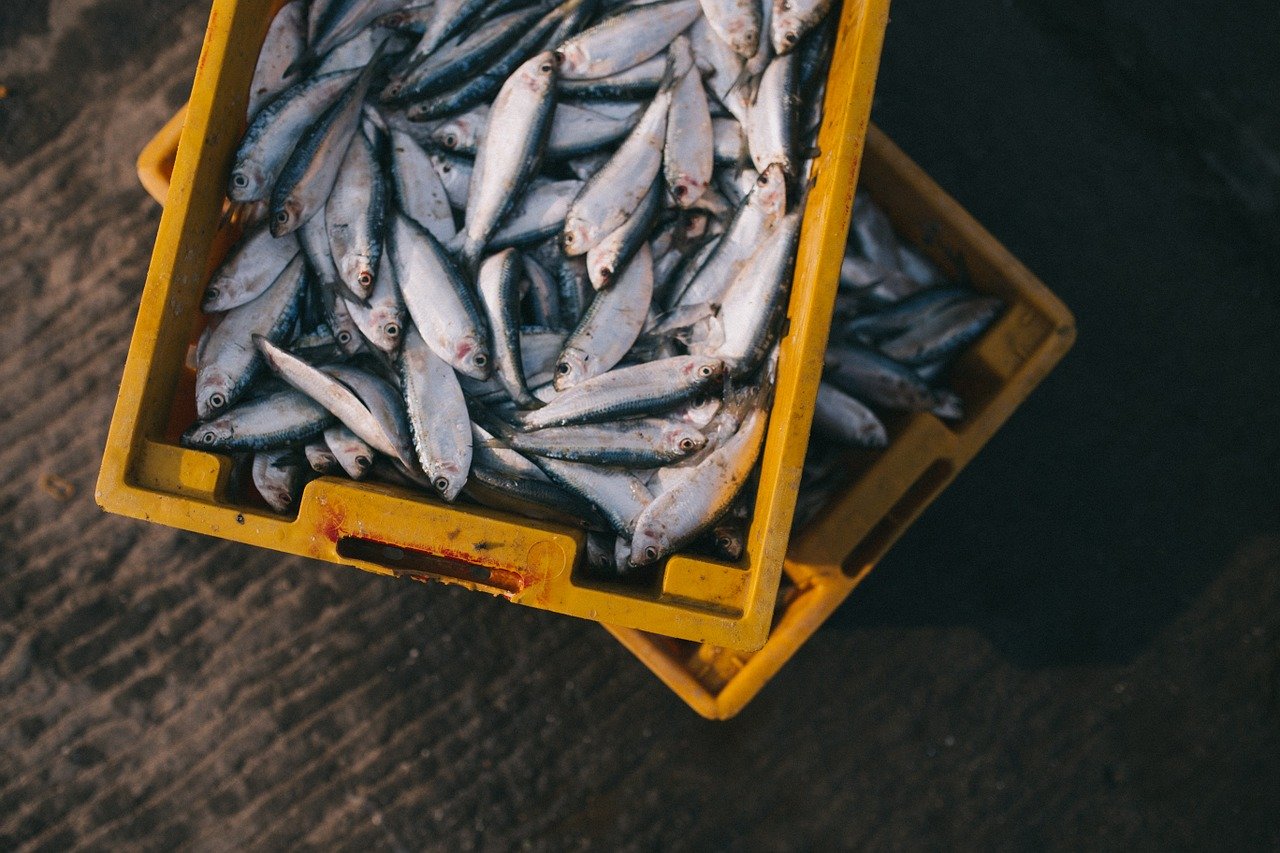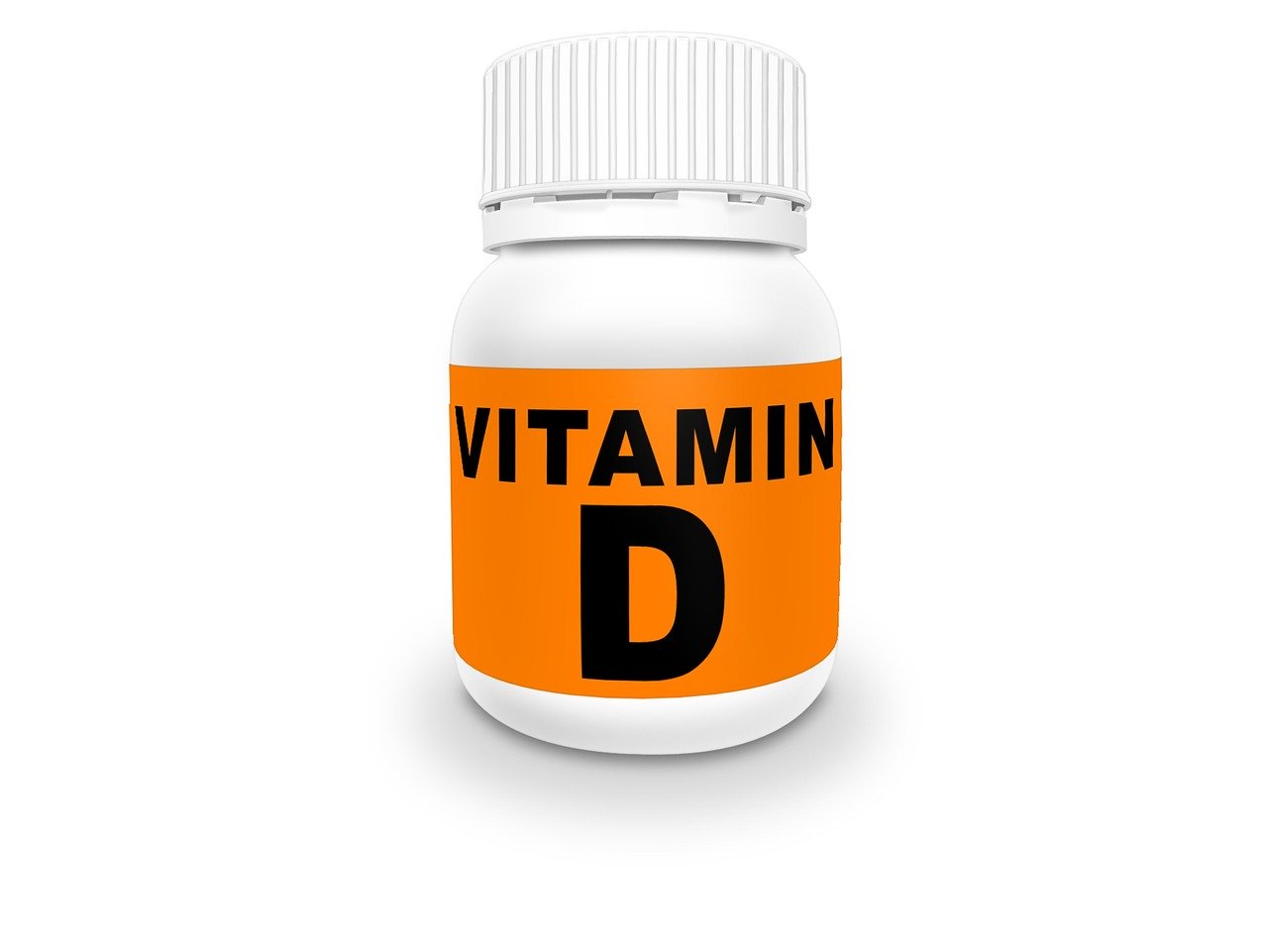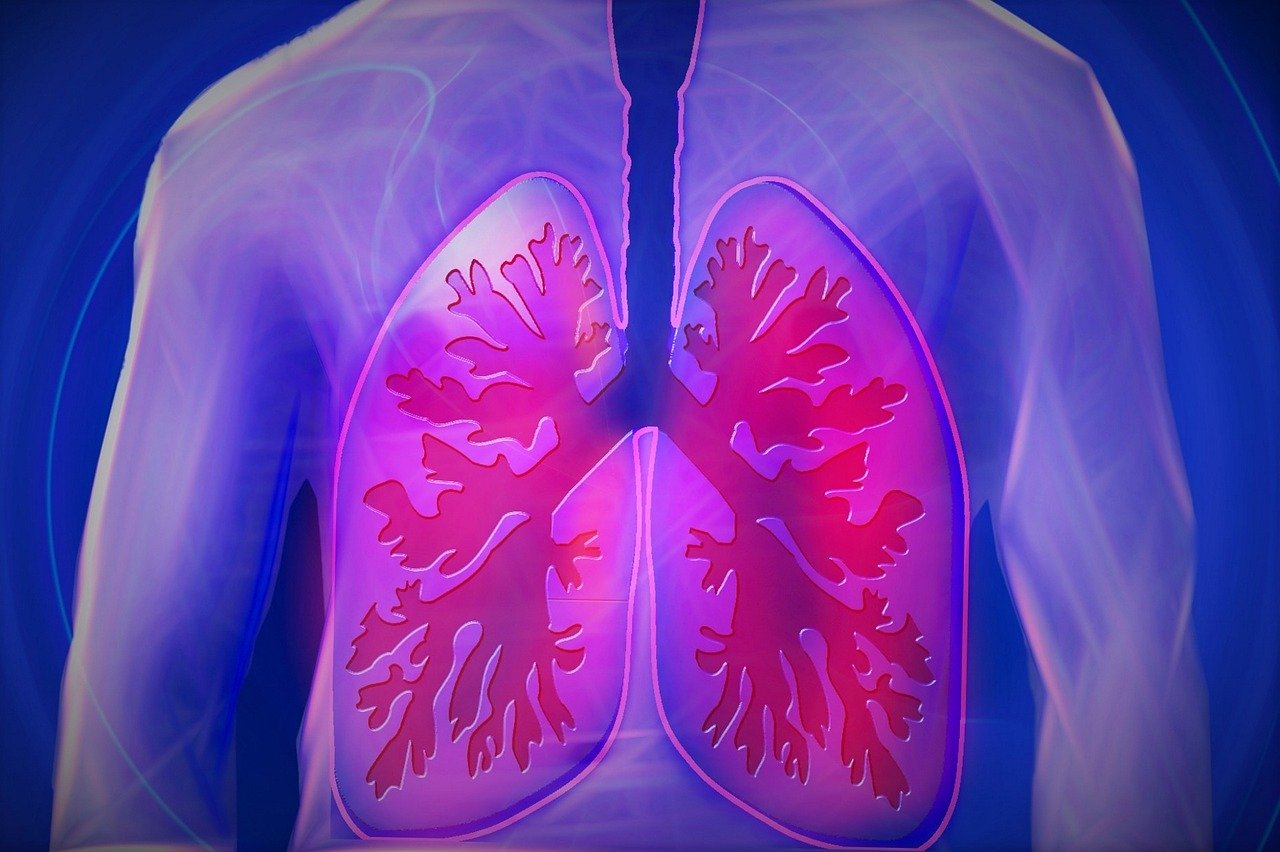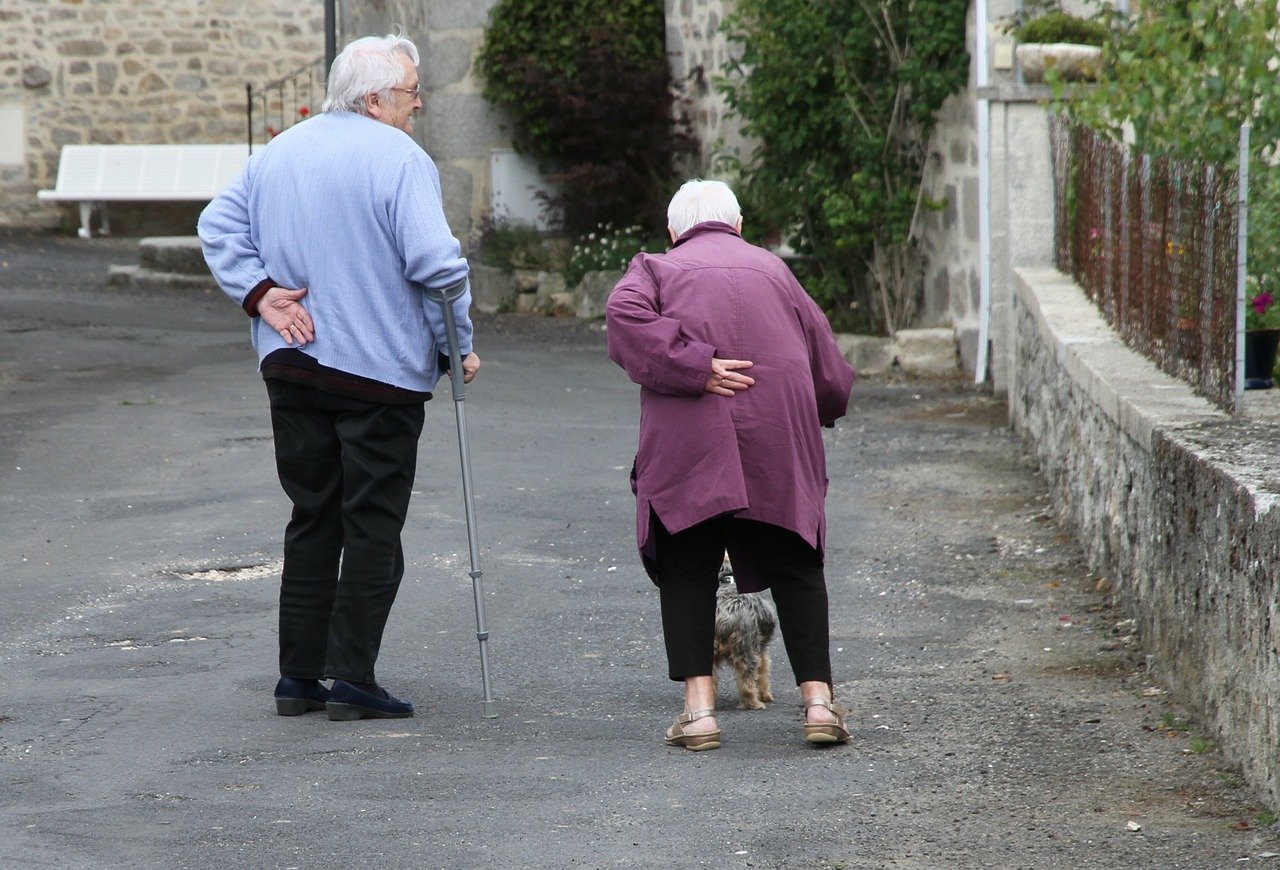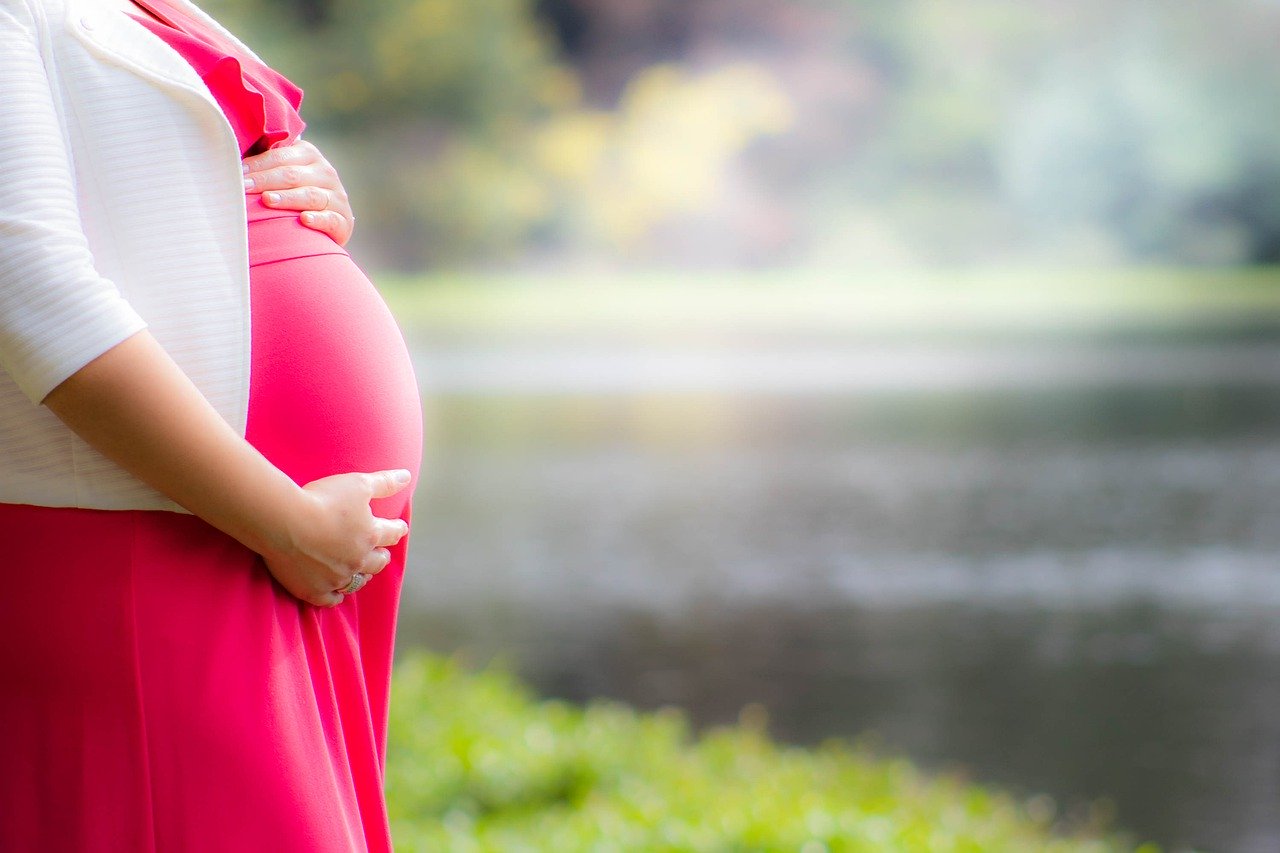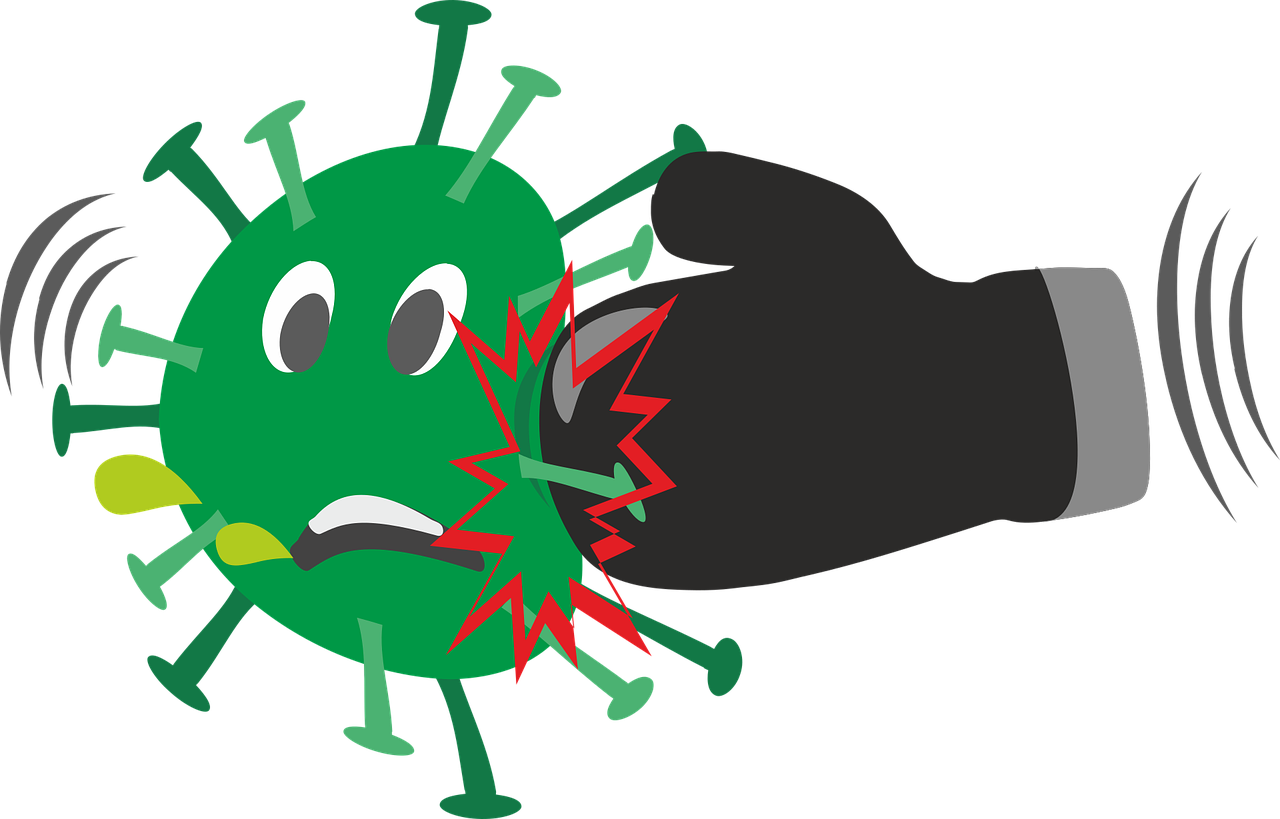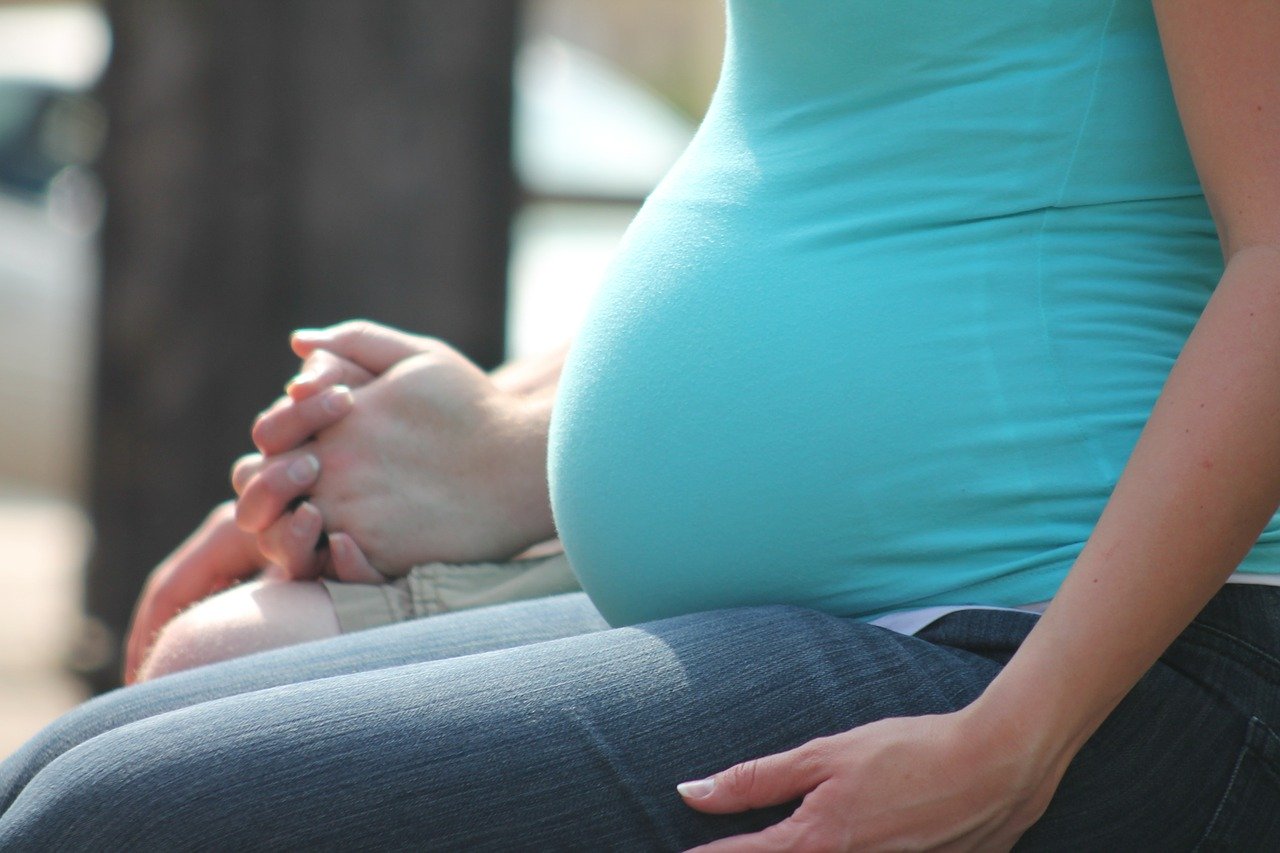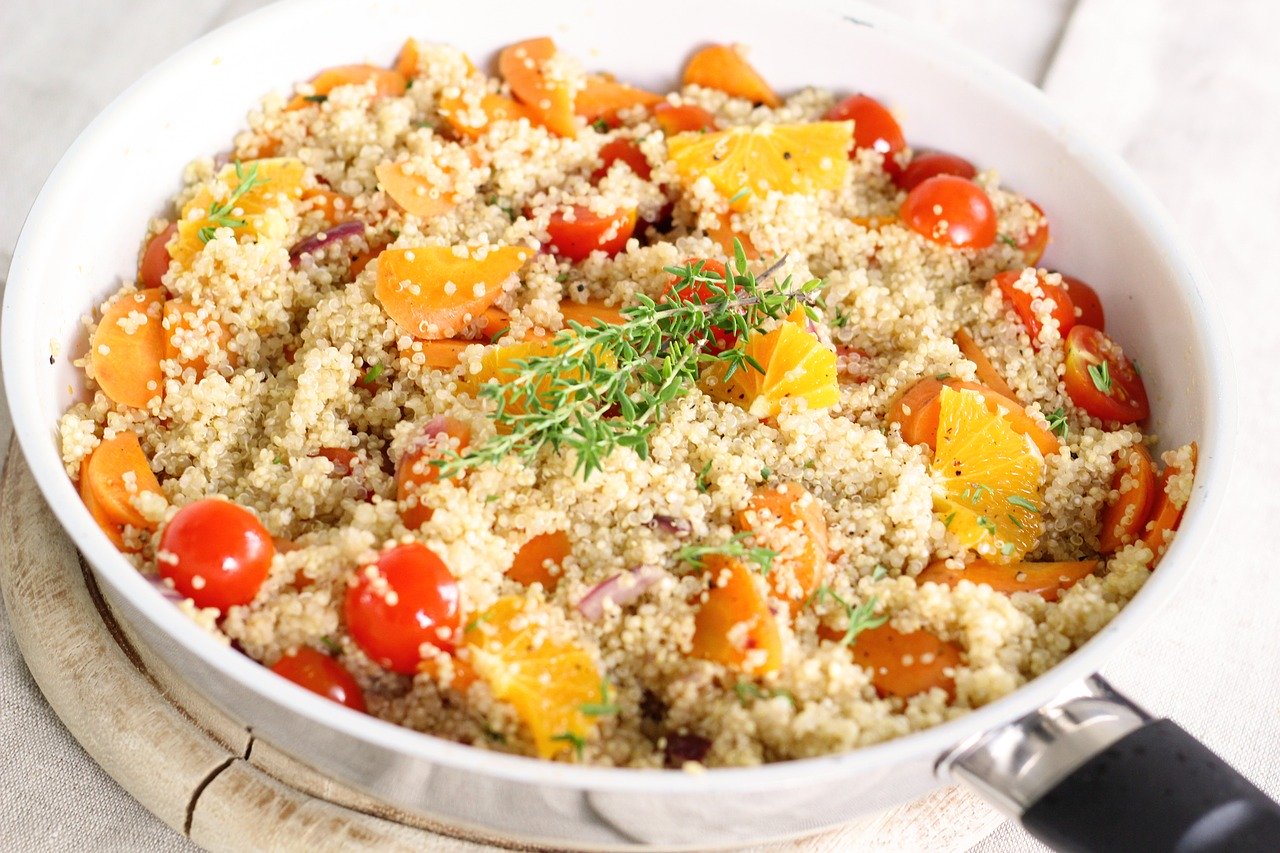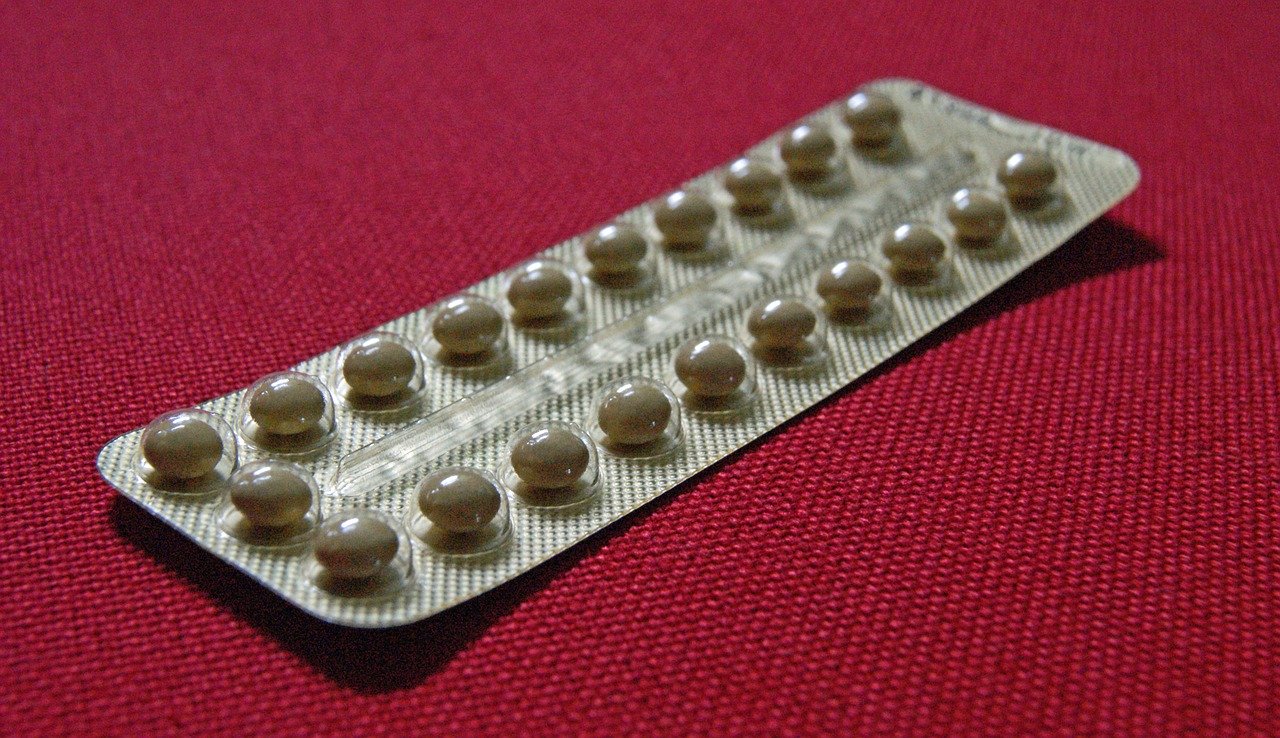In January 2019 researchers from the UK published the results of their study to assess the wider implications of feeling that the things undertaken in one’s life are worthwhile. A … Read more
Environmental factors as well as the gut microbiota may strongly influence the development of psoriasis and its progression
In March 2020 researchers from Italy, USA and Serbia published their review on the interactions between the skin, microbiome, gut microbiota and psoriasis. The researchers stated that psoriasis is alternatively … Read more
A vitamin or mineral deficiency or a severe reduction in carbohydrate intake may contribute to hair loss
In March 2019 researchers from Saudi Arabia and the USA published their review of the medical scientific literature to assess the role of vitamins and minerals in hair loss. A … Read more
Vitamin D insufficiency and deficiency appears to be associated with an unfavourable lipid profile
In May 2019 researchers from Brazil published the results of their study to assess changes in body measurements and nutritional and metabolic parameters in post-menopausal women who had low levels … Read more
Who needs calcium and/or vitamin D supplementation for the prevention of fragility fractures?
In April 2020 researchers from New Zealand published their review on calcium and/or vitamin D supplementation for the prevention of fragility fractures. The researchers stated that as vitamin D and … Read more
Low fish consumption and low sun exposure appear to be separate risk factors for multiple sclerosis
In April 2020 researchers from Sweden published the results of their study to assess the effect of fish consumption on the risk of multiple sclerosis and also to what extent … Read more
Researchers recommend that individuals at risk of influenza and/or COVID-19 consider taking 10,000 IU/d of vitamin D3 for a few weeks to rapidly raise their vitamin D levels, followed by 5000 IU/d in order to raise their vitamin D levels above 40-60 ng/mL (100-150 nmol/L) in order to reduce the risk of infection
In April 2020 researchers from the USA published their review on the role of vitamin D in reducing the risk of respiratory tract infection, epidemiology of influenza and COVID-19, and … Read more
Vitamin D deficiency is common in patients with asthma and congestive obstructive pulmonary disease and low vitamin D levels may either be a cause or a consequence of these conditions
In March 2020 researchers from the UK, USA, Canada and Belgium published the results of their study to assess whether vitamin D metabolism is altered in asthma or congestive obstructive … Read more
A low intake of vitamin D appears to increase the risk of rheumatoid arthritis whilst vitamin D deficiency appears to be associated with a higher level of symptoms
In June 2019 researchers from Iran published their review of the medical scientific literature to assess the relationship between vitamin D deficiency and rheumatoid arthritis. Most studies reported that a … Read more
When vitamin D deficiency or insufficiency occurs, it is better to take vitamin D supplementation than using sunbeds, which have been classified a Class 1 carcinogen
In March 2019 researchers from Belgium and Italy published their overview on vitamin D and sunbed use. The researchers stated that vitamin D status appears to be associated with a … Read more
Vitamin D deficiency appears to be associated with impaired muscle strength and reduced mobility in the elderly
In October 2019 researchers from Ireland published the results of their study to assess the association between impaired muscle function and serum vitamin D status in community-dwelling older adults. A … Read more
Vitamin D supplementation probably reduces the risk of pre-eclampsia, gestational diabetes, low birthweight and may reduce the risk of severe postpartum haemorrhage, whilst vitamin D and calcium probably reduces the risk of pre-eclampsia but may increase the risk of preterm birth (before 37 weeks)
In July 2019 researchers from the USA published their review of the medical scientific literature to assess whether vitamin D supplementation, either alone or in combination with calcium or other … Read more
Supplementing the diet with a combination of multiple immune-supporting nutrients, including vitamins A, E, B6 and B12, folate, iron, copper and selenium but especially vitamins C and D and zinc, may improve immune function and reduce the risk of infection
In January 2020 researchers from the USA and Switzerland published their review on nutrients and the immune system. It has been established that multiple nutrients, including vitamins A, D, C, … Read more
Calcium, vitamin D, folic acid and resveratrol supplementation may prevent the development of hypertensive disorders in pregnancy
In January 2020 researchers from Italy published their review of the medical scientific literature to assess whether dietary supplements are able to lower blood pressure levels in pregnant women with … Read more
Supplements have little to no effect on the risk of lung cancer and lung cancer mortality in healthy individuals, although vitamin A supplements appear to increase the risk of lung cancer and mortality in smokers or individuals exposed to asbestos, vitamin C the risk of lung cancer in women and vitamin E the risk of haemorrhagic strokes
In March 2020 researchers from Chile and Spain published their review of the medical scientific literature to establish whether supplementations of vitamins and minerals, alone or in combination, reduce the … Read more
Although consuming a vegetarian diet at any age is not necessarily unsafe, the Committee on Nutrition and Breastfeeding of the Spanish Paediatric Association recommend that infants and young children should follow an omnivorous diet or, at least, an ovo-lacto-vegetarian diet
In December 2019 the Committee on Nutrition and Breastfeeding of the Spanish Paediatric Association published their position paper on vegetarian diets in infants and children. There is little information on … Read more
Sunscreens prevent sunburn but at the same time allow statistically significant increases in vitamin D levels, with the increase in vitamin D being higher with the use of high UVA protection sunscreens than low UVA protection sunscreens
In May 2019 researchers from the UK, Poland and Denmark published the results of their study to assess the impact of sunscreens on vitamin D levels. Sunlight contains both UVA … Read more
Mexican women with vitamin D deficiency appear to have a higher incidence of cardiovascular risk factors
In May 2019 researchers from Mexico published the results of their study to assess whether cardiovascular risk factors and heart attacks are associated with vitamin D deficiency in Mexican women … Read more
Women who have undergone a hysterectomy may reduce their risk of stroke if they also take calcium and vitamin D supplementation in addition to their HRT
In May 2019 researchers from the USA published the results of their study to assess whether calcium and vitamin D supplementation changes the effect of menopausal hormone replacement therapy (HRT) … Read more
Outdoor sports and physical activities may produce social and psychological benefits and help prevent vitamin D deficiency, multiple sclerosis, osteoporosis and near/short sightedness
In May 2019 researchers from Italy published their review on the effect of regular outdoor sports and physical activities across all age groups. They stated that the benefits of cutting-edge … Read more

